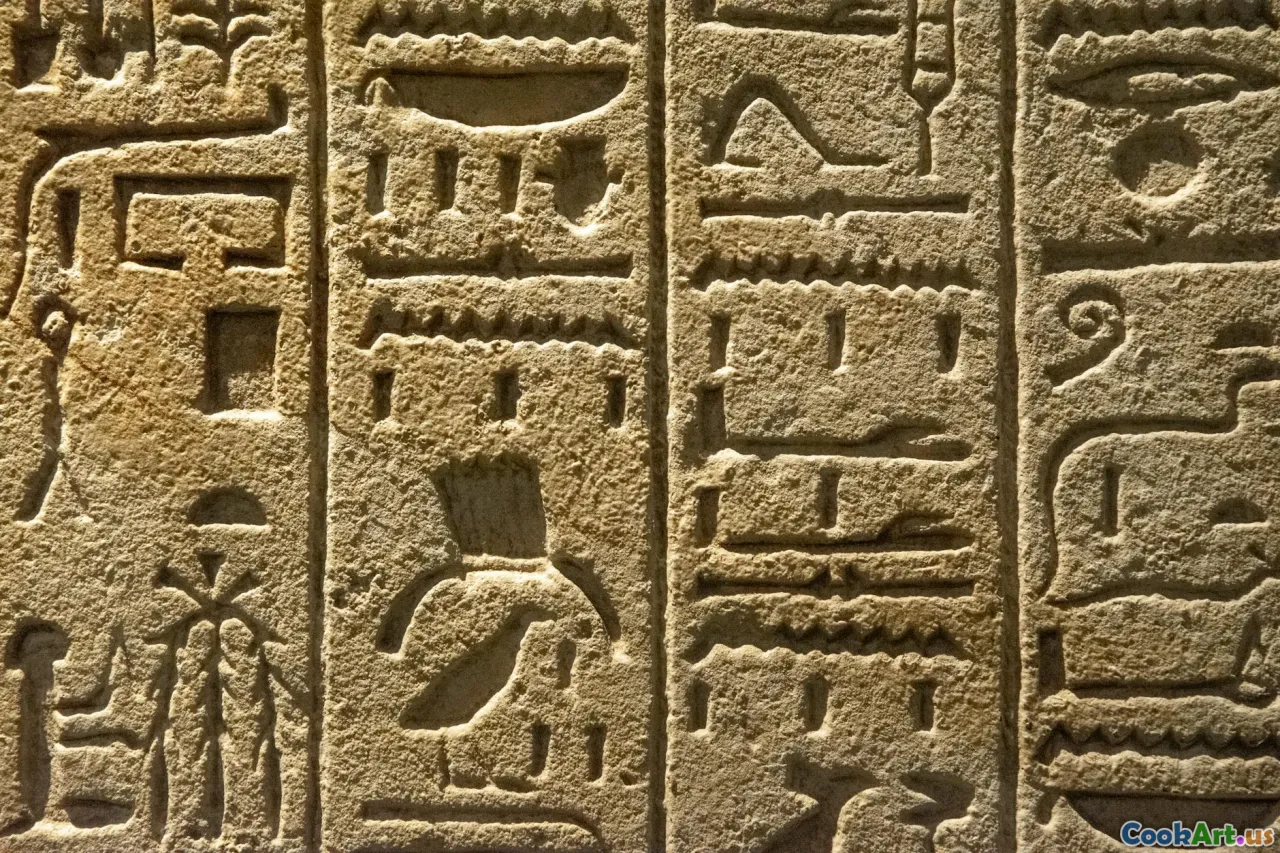Culinary Secrets of Ancient Civilizations
5 min read Explore the culinary secrets of ancient civilizations and uncover their timeless food traditions, cooking techniques, and cultural insights. April 11, 2025 18:45
Culinary Secrets of Ancient Civilizations
Food has always been more than just sustenance; it is a reflection of culture, history, and identity. Ancient civilizations paved the way for modern culinary practices, and their secrets continue to shape our palates today. This article delves into the fascinating world of ancient culinary practices, revealing intriguing techniques, ingredients, and cultural stories that have stood the test of time.
The Significance of Food in Ancient Cultures
In ancient societies, food was integral to social structure and religious practices. For instance, in Ancient Egypt, meals were often offered to the gods in temples, showcasing the belief that food was a divine gift. Similarly, the Greeks and Romans celebrated feasts as a way to reinforce social bonds and status. The act of sharing food brought communities together, fostering connections through shared culinary experiences.
Ancient Ingredients and Their Legacy
1. Grains: The Foundation of Civilization
Grains were the cornerstone of many ancient diets. Wheat and barley dominated the landscapes of Mesopotamia, while rice was central to Asian cultures. The cultivation of these grains marked a significant shift from nomadic lifestyles to settled agricultural societies. The techniques of milling and baking, rooted in ancient practices, continue to influence modern bread-making around the world.
2. Herbs and Spices: Nature's Flavor Enhancers
Ancient civilizations were adept at using herbs and spices not only for flavor but also for preservation and medicinal purposes. The Egyptians utilized coriander and cumin, while the Romans favored thyme and rosemary. The trade routes established for these spices would later shape global culinary practices, emphasizing the importance of flavor and preservation techniques that still resonate today.
3. Fermentation: A Culinary Revolution
Fermentation is one of the oldest food preservation techniques known to humanity. Ancient cultures, from the Chinese with their soy sauce and fermented rice to the Egyptians with their beer, embraced fermentation for both nutritional and culinary benefits. This method not only enhanced flavors but also increased the shelf life of perishable foods.
Cooking Techniques Passed Through Generations
1. Roasting and Smoking
Roasting and smoking were prevalent cooking methods among ancient peoples. The indigenous cultures of the Americas mastered smoking meats and fish, a technique that imparted flavor while preserving food. Similarly, the Greeks employed open-fire roasting methods, which are still popular grilling techniques today.
2. Stewing and Braising
Slow cooking methods, such as stewing and braising, were essential for tenderizing tougher cuts of meat and enhancing flavors. Ancient Romans would often prepare hearty stews that incorporated local ingredients, a tradition that has influenced contemporary comfort foods across various cultures.
Cultural Stories: Food as a Narrative
Food is often intertwined with stories that reflect the values, struggles, and achievements of a civilization. The ancient Chinese celebrated the harvest moon with mooncakes, symbolizing unity and family. Similarly, in the Andean cultures, the preparation of quinoa was not just a dietary staple but also a sacred act that honored their agricultural roots. These narratives enrich our understanding of how food shapes cultural identities.
Conclusion: The Enduring Influence of Ancient Culinary Secrets
The culinary secrets of ancient civilizations are not merely relics of the past; they are the foundation of our modern food culture. By exploring these ancient practices, we gain insight into the evolution of flavors, techniques, and the importance of food in social and spiritual contexts. As we continue to appreciate and celebrate these traditions, we honor the rich tapestry of human history woven through the shared experience of food.









